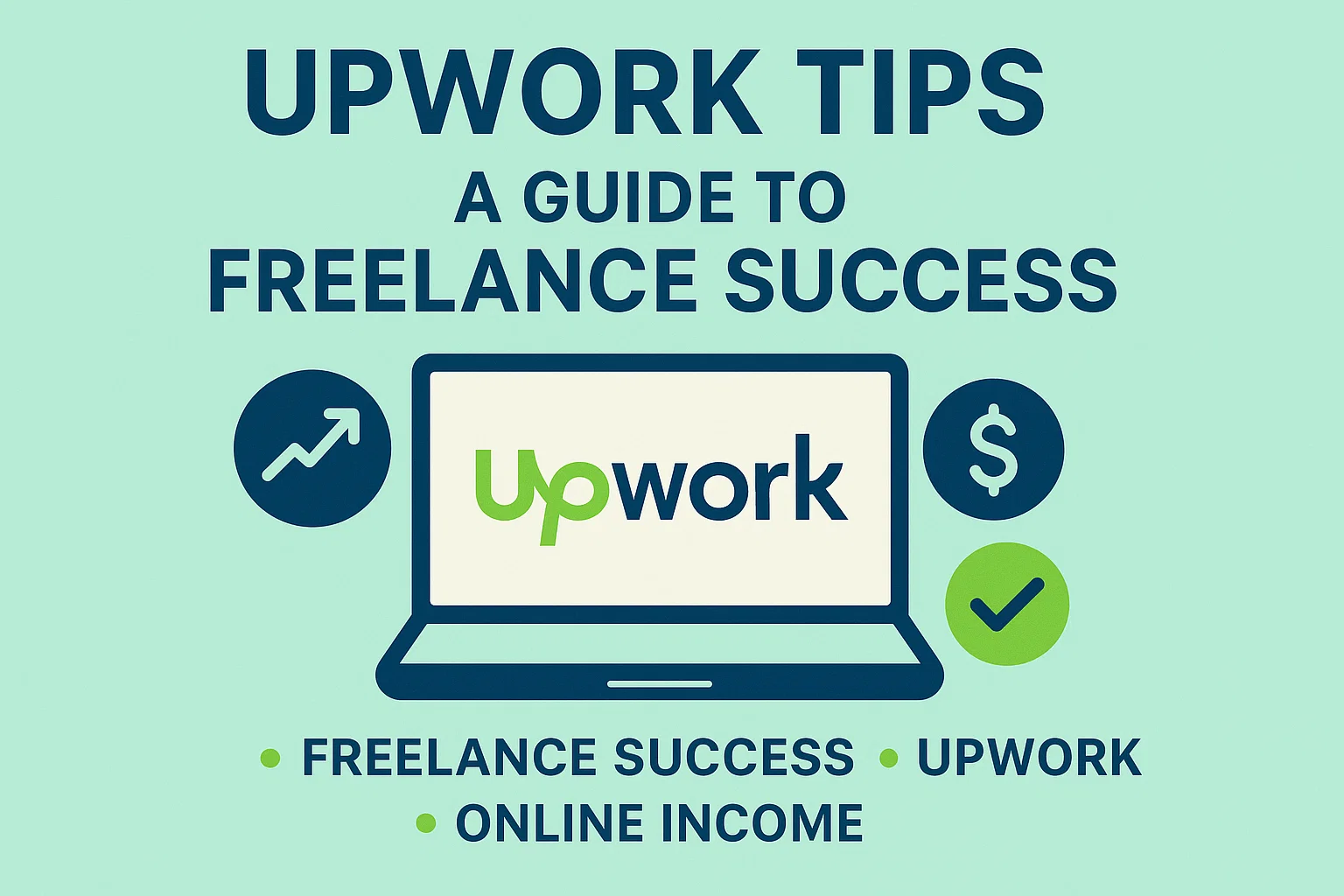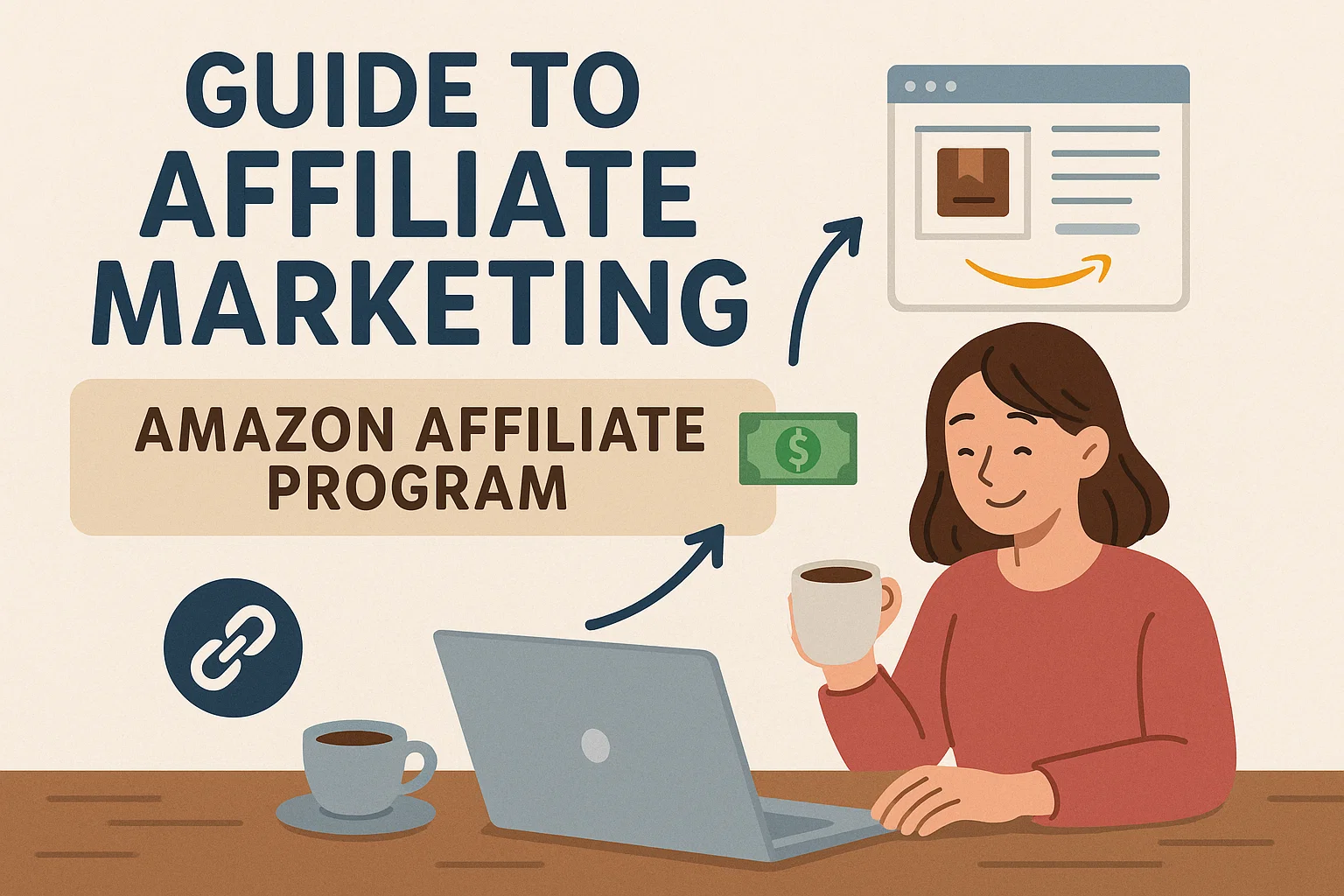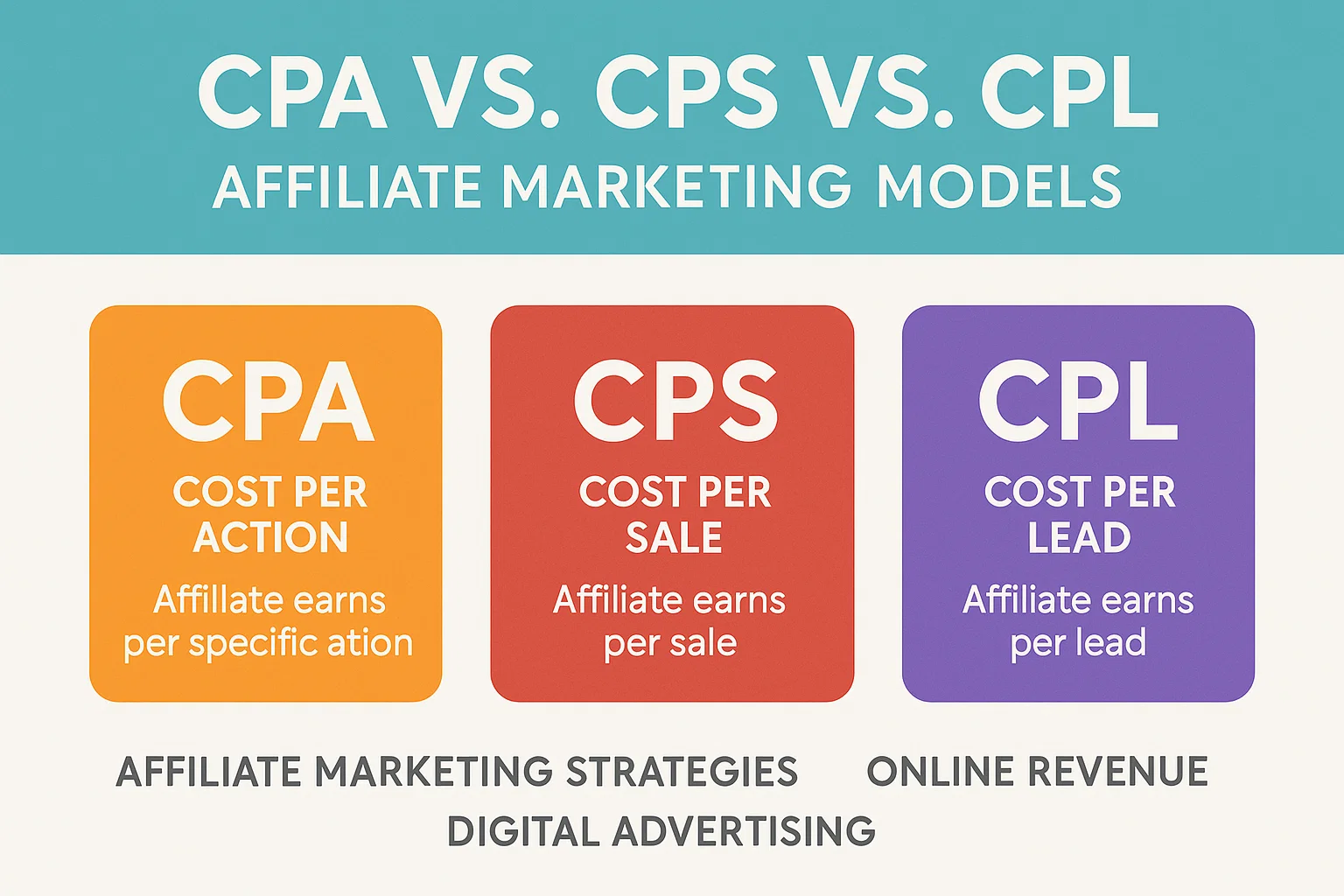Work Online
Affiliate Marketing,How to Choose Products to Promote

Introduction to Affiliate Marketing
Hey there! If you're looking to dive into the world of affiliate marketing, you're in for an exciting journey. Affiliate marketing is a fantastic way to earn passive income by promoting products or services and earning a commission for every sale or lead generated through your efforts. But here's the catch: success in affiliate marketing hinges on choosing the right products to promote. Pick the wrong ones, and you might waste time and effort. Choose wisely, and you could build a profitable online business. In this guide, we'll walk you through everything you need to know about selecting the best affiliate products to promote. We'll cover proven strategies, sprinkle in some high-value keywords like online marketing, digital marketing, and passive income, and share tips to optimize your efforts for search engine optimization (SEO). Plus, we'll keep things friendly and approachable, so whether you're a beginner or a seasoned marketer, you'll find actionable insights here. Let’s get started!Why Choosing the Right Affiliate Products Matters
Affiliate marketing is all about trust and relevance. Your audience relies on you to recommend products that solve their problems or enhance their lives. Promoting irrelevant or low-quality products can damage your credibility and reduce your conversion rates. On the flip side, selecting high-quality, in-demand products can boost your online income and help you build a loyal audience. Here’s why product selection is critical:- Higher Commissions: Some products offer generous payouts, especially in niches like insurance, finance, or software as a service (SaaS).
- Audience Trust: Recommending valuable products builds trust, leading to repeat visitors and higher engagement.
- SEO Benefits: Promoting products with high-demand keywords can improve your site's ranking on search engines like Google.
Step-by-Step Guide to Choosing Affiliate Products
1. Understand Your Audience
The foundation of successful affiliate marketing is knowing your audience inside and out. Who are they? What are their pain points, interests, and goals? For example, if your blog caters to small business owners, products like accounting software, web hosting, or email marketing tools might resonate. Tips:- Conduct surveys or use analytics tools like Google Analytics to understand your audience’s demographics and behavior.
- Check forums, social media groups, or platforms like Reddit to see what products your audience is talking about.
- Use keywords like target audience, customer needs, or market research to align your content with search intent.
2. Research High-Demand Niches
Some niches are more lucrative than others due to high cost-per-click (CPC) rates in AdSense and affiliate programs. Niches like insurance, loans, mortgages, legal services, and online education often have high-paying affiliate programs. Popular Niches and Synonyms:- Finance: Think personal finance, investing, or credit repair.
- Health: Includes weight loss, fitness programs, or supplements.
- Technology: Focus on SaaS products, web hosting, or cybersecurity tools.
- Education: Promote online courses, e-learning platforms, or certification programs.
3. Evaluate Affiliate Programs
Not all affiliate programs are created equal. When choosing products, look for programs that offer:- High Commissions: Aim for programs offering 20–50% commissions or fixed payouts (e.g., $50–$200 per sale).
- Recurring Commissions: Products like SaaS or subscription services (e.g., email marketing tools like Mailchimp or VPN services) offer recurring income.
- Reliable Tracking: Ensure the program uses trusted platforms like ShareASale, CJ Affiliate, or Amazon Associates for accurate tracking.
- Cookie Duration: Longer cookie durations (e.g., 30–90 days) give you more chances to earn commissions.
4. Assess Product Quality
Never promote a product you wouldn’t use yourself. High-quality products lead to better customer satisfaction and higher conversion rates. Here’s how to evaluate quality:- Read Reviews: Check user reviews on platforms like Trustpilot or G2 to gauge customer satisfaction.
- Test the Product: If possible, try the product or request a demo to ensure it delivers value.
- Check Support: Products with excellent customer support (e.g., 24/7 live chat) are more likely to satisfy your audience.
5. Analyze Market Trends
Stay ahead of the curve by promoting products that align with current trends. For instance, with the rise of remote work, products like video conferencing tools or project management software are in high demand. Tools to Spot Trends:- Google Trends: Identify rising search terms like “best VPN 2025” or “online learning platforms.”
- Social Media: Monitor platforms like X or Instagram for trending products in your niche.
- Industry Reports: Websites like Statista or Forbes offer insights into growing markets.
6. Consider Competition and SEO
Choosing products with low to moderate competition can help your content rank higher on search engines. Use tools like Ahrefs or Moz to analyze keyword difficulty for terms like “best affiliate products” or “top SaaS tools.” SEO Tips:- Create long-form content (like this article!) to rank for long-tail keywords (e.g., “how to choose affiliate products for beginners”).
- Use internal links to other blog posts on your site to improve site authority.
- Optimize images with descriptive alt text (see image descriptions below).
7. Diversify Your Promotions
Don’t put all your eggs in one basket. Promote a mix of products to mitigate risks and maximize revenue streams. For example, if you’re in the tech niche, you could promote web hosting, domain registrars, and SEO tools to appeal to different audience segments.Common Mistakes to Avoid
- Promoting Too Many Products: Focus on a few high-quality products to avoid overwhelming your audience.
- Ignoring Disclosure: Always disclose your affiliate links to comply with FTC guidelines and maintain trust.
- Chasing High Commissions Only: A high commission is great, but if the product doesn’t resonate with your audience, you’ll see low conversions.
Tools to Help You Choose Affiliate Products
Here are some tools to streamline your product selection process:- Affiliate Networks: Platforms like ClickBank, ShareASale, or Rakuten offer thousands of products across niches.
- Keyword Research Tools: Use Ubersuggest or SEMrush to find high-value keywords.
- Analytics Tools: Track your performance with Google Analytics or affiliate dashboards to see what’s working.
Image Descriptions for Your Article
Here are three image descriptions for images you can attach to enhance your article’s visual appeal and SEO:- Image 1: Affiliate Marketing Dashboard
- Description: A vibrant screenshot of an affiliate marketing dashboard displaying earnings, clicks, and conversion rates. The colorful graphs highlight successful campaigns, with a laptop and coffee cup in the background, symbolizing a productive workspace.
- Alt Text: Affiliate marketing dashboard showing earnings and analytics on a laptop screen.
- Image 2: Product Research Tools
- Description: A clean, modern interface of a keyword research tool (e.g., SEMrush or Google Keyword Planner) on a computer screen, with highlighted keywords like “best web hosting” and “online courses.” The image conveys a professional approach to product selection.
- Alt Text: Keyword research tool interface for affiliate product selection.
- Image 3: Happy Affiliate Marketer
- Description: A smiling person working on a laptop in a cozy home office, surrounded by plants and natural light. The image captures the excitement and freedom of earning passive income through affiliate marketing.
- Alt Text: Smiling affiliate marketer working on laptop in home office.




